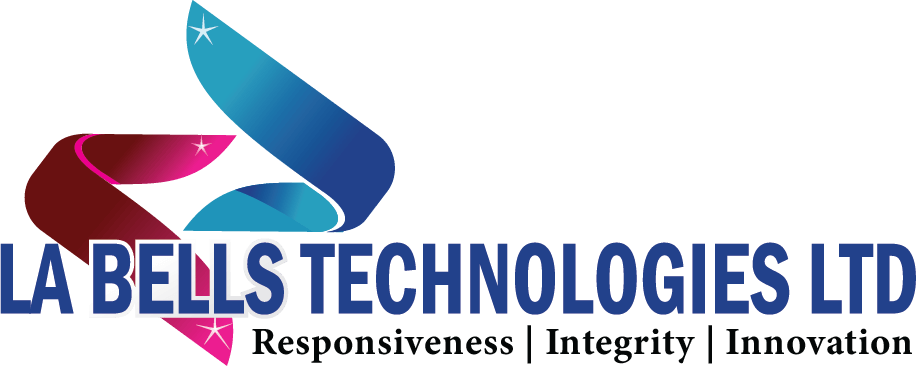Reducing your business income tax in Kenya involves understanding the tax laws, taking advantage of available deductions and incentives, and structuring your business operations in a tax-efficient manner. Here are some strategies to consider:
- Understand Tax Laws and Regulations: Familiarize yourself with the tax laws and regulations applicable to businesses in Kenya. Stay updated on any changes or updates to ensure compliance and identify opportunities for tax savings.
- Claim Allowable Deductions: Take advantage of allowable deductions to reduce your taxable income. These may include deductions for business expenses such as rent, salaries, utilities, office supplies, professional fees, and advertising costs. Keep proper records and receipts to support your deductions.


- Capital Allowances: Utilize capital allowances to deduct the cost of acquiring assets such as machinery, equipment, and vehicles. These deductions are spread over several years, reducing your taxable income each year.
- Research and Development (R&D) Deductions: If your business engages in research and development activities, explore the possibility of claiming R&D deductions. The Kenyan tax law allows for deductions on qualifying R&D expenses.
- Take Advantage of Investment Incentives: Kenya offers various investment incentives to promote economic growth and development. These incentives may include tax holidays, reduced tax rates, or investment allowances for specific sectors or regions. Research and identify if your business qualifies for any of these incentives.
- Capital Gains Tax Planning: If your business involves the sale of assets, consider tax planning strategies to minimize capital gains tax. This may involve optimizing the timing of asset sales, utilizing exemptions, or exploring tax-efficient restructuring options.
- Group Taxation: If you have multiple businesses under a group structure, consider consolidating them for tax purposes. Group taxation allows for the offsetting of profits and losses among group members, potentially reducing the overall tax liability.


- Professional Tax Advice: Consult with a qualified tax professional or accountant who specializes in Kenyan tax laws. They can provide personalized advice based on your specific business circumstances, help identify tax-saving opportunities, and ensure compliance with tax regulations.
- Tax Planning and Forecasting: Engage in tax planning and forecasting to project your business’s tax liability. This allows you to allocate resources more effectively, identify potential tax-saving strategies, and make informed business decisions.
- Regular Compliance and Record-Keeping: Ensure timely and accurate filing of tax returns, payment of taxes, and compliance with tax deadlines. Maintain proper records and documentation to support your tax positions and deductions. Non-compliance can lead to penalties and additional tax liabilities.
It’s important to note that tax planning should be done within the legal framework and in accordance with applicable tax laws and regulations. Seek professional advice to ensure your tax planning strategies are compliant and suitable for your business.
AccountantAllowable deductionsAsset salesBusiness expensesBusiness income taxBusiness taxesCapital allowancesCapital gains tax planningComplianceDeductionsEquipmentExemptionsForecastingGroup taxationIncentivesInvestment allowancesInvestment incentivesKenyaLossesMachineryNon-compliancePenaltiesProfitsReceiptsRecord-keepingRecordsReduceReduced tax ratesResearch and Development (R&D) deductionsTax deadlinesTax holidaysTax lawsTax liabilityTax paymentTax planningTax professionalTax returnsTax savingsTax-efficientTax-efficient restructuring optionsVehicles


How To Track Invoicing For Businesses - La Bells Technologies Ltd
[…] How to Reduce your Business Taxes […]